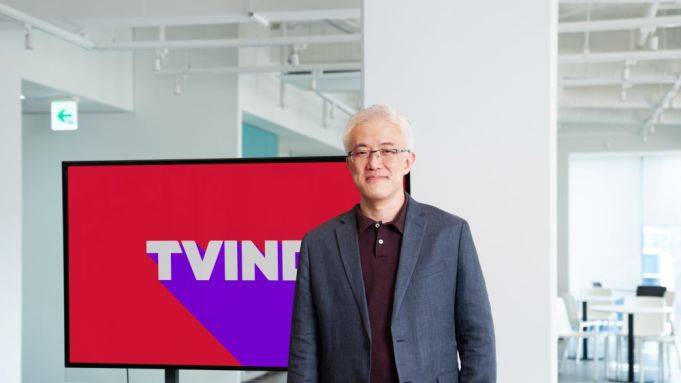Streaming video may have already won the eyeball race in South Korea, one of the world's most advanced economies and now one of the most competitive OTT markets.
Tving, a local rival, believes it now has many of the tools necessary to topple Netflix from its hard-earned status as Korea's top dog streamer.
In Korea, the streaming sector has grown in almost inverse proportion to the fall of the theatrical cinema industry. South Korea was the world's fourth largest box office market until 2019, but it is presently struggling with a lack of local titles with aggregate sales averaging a pitiful $5 million per weekend so far in 2022.
In comparison, Media Partners Asia estimates that Netflix will have six million paying customers by the end of 2021. (in a population of 51 million). Tving, which is backed but no longer controlled by CJ ENM, recently declared that it will increase its subscriber base by 60% in 2021. It refused to give specific figures (outside sources estimate a figure exceeding 2 million, but recently said that monthly active users had reached 4.17 million by December 2021, a 166 percent increase over a year earlier).
Despite the arrival of Disney Plus and Apple TV Plus into the Korean market in 2021, this rise continues. With the introduction of HBO Max and the recently revealed Babayo, a short form platform developed by talent agency IHQ, competition will heat up even more in 2022.
Tving is now the player to defeat, according to Tving CEO Yang Ji-eul (aka Jay Yang).
After announcing very ambitious ambitions for the next few years – he wants 8 million users by the end of 2023 – the company is now expanding into Taiwan and Japan. He sees these as the start of a global rollout that will leverage on Korean culture's global attractiveness.




